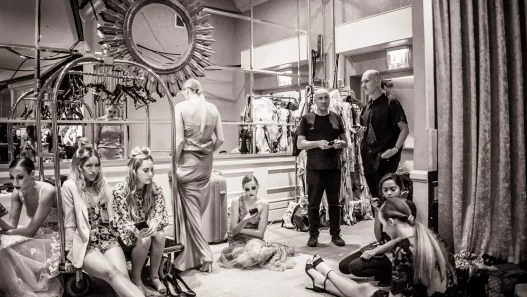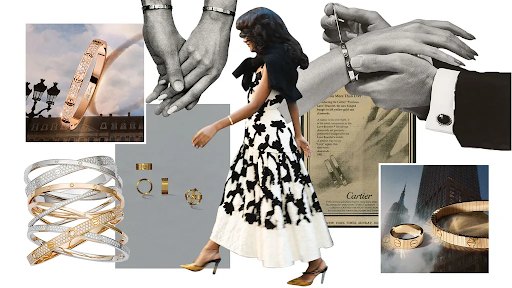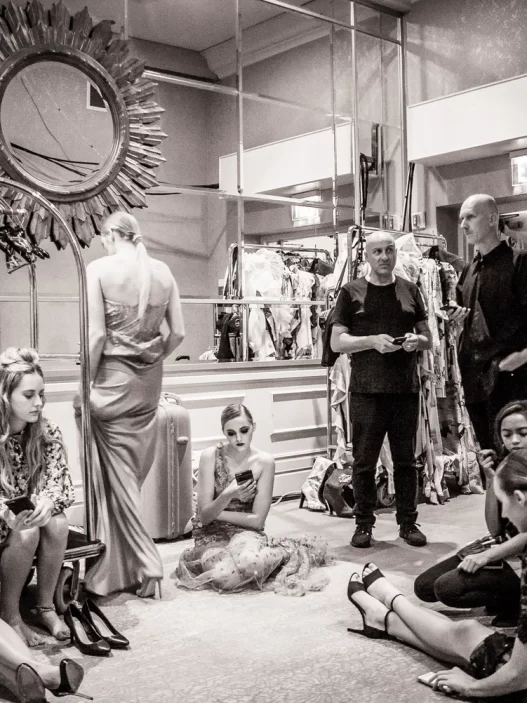Fashion Law is a specialised area of law that covers issues relating to the business of fashion, from conception to brand protection. SA Fashion Law is the leading Fashion Law specialist in South Africa, offering a bespoke legal service tailored to the fashion industry. SA Fashion Law was founded by Advocate and Director, Sumaiya De’Mar.
Sumaiya comes from a legal background, and after spending several years working in the legal profession, her love of fashion led to her involvement in numerous projects within the fashion industry. From trend forecasting to fashion designing, styling to editing – through these roles she gained invaluable insight, experiential knowledge and a holistic understanding of this thriving industry.
Ms. De’Mar indulged in a candid conversation with Apoorva Mehta, Executive Manager at Legal Desire Media Insights about her journey in this field.
- Can you tell us a little about your background in fashion law?
I studied law at the University of South Africa and got my LLB degree with 7 distinctions – with Intellectual Property Law and Media Law chosen as my electives. Worked in the legal profession for several years, after deciding to delve into the fashion industry, which I also studied and worked at for many years before deciding to combine the two industries I love, by identifying a gap in the market for fashion law. My experience and what I’ve learned working in both industries allowed me to do this.
- Why did you pursue fashion and law?
I pursued law because my grandfather was a lawyer and that was the path I chose to follow. However I was always passionate about all things fashion related and wanted to pursue that passion in its various forms. Ultimately my goal was to merge the two at some stage, however back then fashion law was unheard of in South Africa and just started to develop internationally.
- What are the major compliances for a Fashion Brand in your country?
The law in South Africa is governed by legislation, which are the Acts. Some of the most important Acts which business owners should familiarise themselves with include:
- Companies Act
- Consumer Protection Act
- Protection of Private Information Act
- Promotion of Access to Information Act
- Basic Conditions of Employment Act
- Employment Equity Act
- Labour Relations Act
These Acts will impact a business on a regular basis, and it is therefore necessary for business owners to understand them in order to avoid legal implications and costly law suits.
- Why is it necessary for companies in the fashion industry to protect their product through trademark registration?
There are various Trademark infringements that occur in many parts of the world, especially the counterfeit goods market, which thrives on copying brand names and logos, almost identically. Trademark registration therefore protects the owner of the brand and its reputation, especially if the brand has taken years to build up its ‘goodwill’ and good reputation.
- Is there anything missing in this currently hot topic of fashion trademark industry that you would like to add?
Parodies are an interesting branch of trademarks.
Courts generally define a parody as a work that imitates or mimics another work for comic effect or commentary. There are many examples of parodies out there, like the LV with the words Love Vodka underneath, many Chanel parodies, or the Hermes / Homies hoodies. We don’t have that issue in South Africa as yet, but as per international case law the courts have held that a work is not a parody if it simply exploits the popularity of the brand as a means of attracting more customers, or if there was an apparent likelihood of confusion between the two works, or if the parody has been achieved but it is nonetheless diluting the brand.
- What will be advice for someone who wish to start a fashion brand?
Choose a name and register your domain. Do your research to make sure you are not infringing anyone else’s intellectual property. Register your company / brand, especially for funding purposes. Get all the proper contracts and agreements in place from the start, especially with an NDA, you could protect your brand from potential infringements / copying. Set up your Employment Contracts, Partnership Agreements, Manufacturing Agreements, Supplier Agreements, Consignment Agreements, etc.
- Lastly, if not this, what would have been your alternative career option?
I would have been a musician, as music is another love of mine. I am also delving into the music industry and studying music law courses as far as possible, to perhaps incorporate that some time in the near future.


















